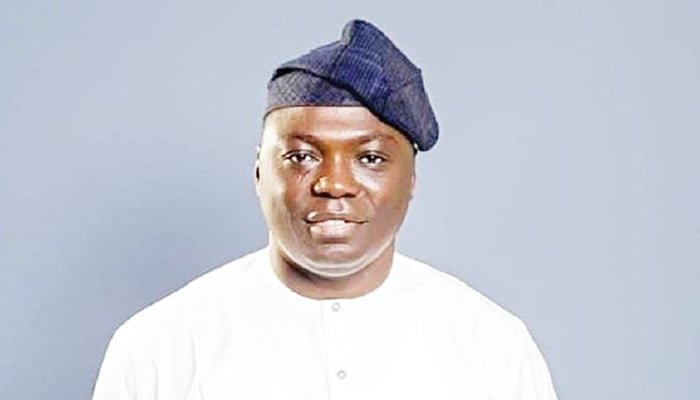Taraba State Governor, Dr. Agbu Kefas, has flagged off a statewide tour to connect directly with communities and assess their most urgent infrastructural needs. The move signals a new era of people-driven governance in the North-East state.
Speaking in Jalingo on Sunday, Governor Kefas explained that the initiative is designed to align government projects with the real priorities of citizens. He emphasized that by October, the state will roll out massive infrastructural developments, but only after listening to what the people themselves consider most important.
“I am visiting the true masters I was elected to serve. This tour is about listening, learning, and translating the voices of our people into real action,” the governor declared.
He lamented that Taraba has operated for decades without a master development plan, a gap he intends to correct by laying down a clear roadmap for sustainable growth. He stressed that no progress can be achieved without a secure and peaceful environment, noting his administration’s heavy investment in security to make Taraba safe for residents, investors, and visitors.
Read Also:
- Nigerian Army arrests two suspected kidnappers in Taraba during ongoing security operation
- Troops nab notorious suspected terrorist in Taraba in major operation LAFIYA NAKOWA breakthrough
- Nigerian Army foil terrorist attack in Taraba, neutralize two insurgents
Governor Kefas also highlighted reforms in the health sector, including the revival of primary health centres, procurement of modern equipment and drugs, and the upcoming installation of a CT scan machine at the State Specialist Hospital, Jalingo. He pledged to complete several abandoned projects, such as the School of Nursing and Midwifery, the Abattoir, and the Palliative Market, describing them as vital to the state’s socio-economic development.
The governor further noted that the tour is not a mere inspection exercise but a deliberate strategy to promote transparency, accountability, and inclusiveness. By allowing citizens to shape government priorities, the Kefas administration hopes to rebuild trust and drive grassroots participation in governance.






